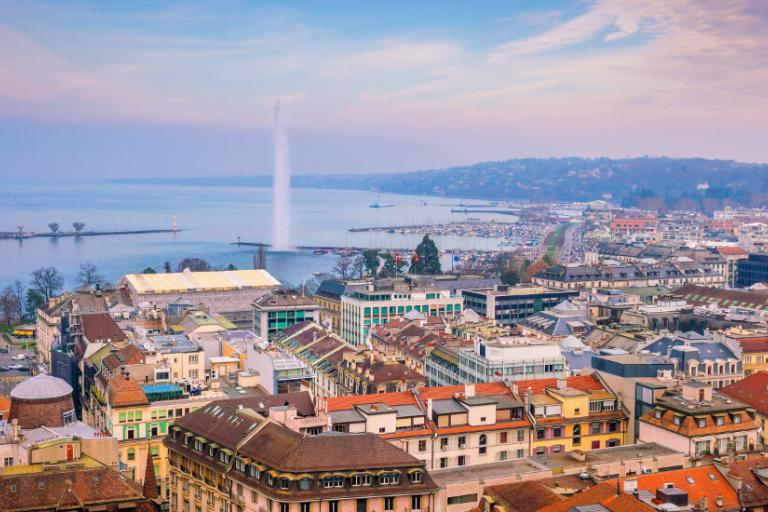Digital Dialogues focus on Big Data and the Global Goals

WMO and the World Health Organization (WHO) hosted a cross-sectoral dialogue on digital cooperation and Big Data in preparation for the United Nations World Data Forum 2020 in October 2020.
Collecting data: How can big data contribute to leaving noone behind and achieving the Sustainable Development Goals? focussed on the challenges and benefits involved in collection, sharing, and use of data, in a manner that balances respect for privacy against the global good.
Coordinated by Switzerland and the Geneva Internet Platform, the event brought together partners from UN and non-governmental organizations, development and humanitarian agencies and academia. It is the first of four dialogues on what is called the Road to Bern via Geneva. The remaining three will addressed: (a) the collection of data; (b) the sharing of data; (c) the use of data; (d) the protection and privacy of data.
Geneva’s vibrant ecosystem of international organisations, the private sector, and non-governmental organisations (NGOs), already plays an important role in creating data commons for users worldwide. For instance, the European Organization for Nuclear Research (CERN) is the biggest data-processing facility on earth and the biggest source of scientific data as global commons.
For its part, WMO provides climate and meteorological data as a global public good. Nowadays, it is hard to find an international organisation in Geneva that does not attribute an increasingly central role to data.
International exchange of data and observations has been the backbone of the WMO since its establishment, WMO Secretary-General Petteri Taalas told the session. It is key to all weather orecasts and warnings, water resource management and climate science.
"Data has shown that we have seen 1.1°C in global warming. Data has shown that we are breaking records in greenhouse gas concentrations year by year,” he said, highlighting WMO’s role in data collection and monitoring on air quality and pollution.
Participants also heard about the importance of sustainable infrastructure for rapid collection and exchange of meteorological and hydrological data as well as the emerging role of the private sector.
'Dr Samira Asma, WHO Assistant Director-General, outlined one of the main challenges faced by many low and low middle income countries - they simply do not have the necessary data. For example sex-disaggregated data is only currently available for less than half of health-related SDG indicators and countries only have 40% of the data they need to monitor progress towards Universal Health Coverage'
 She suggested four main solutions to some of the data challenges in leaving no one behind:
She suggested four main solutions to some of the data challenges in leaving no one behind:
1. Clear principles, norms and standards,
2. Better understanding and links with vulnerable communities to get disaggregated data for action,
3. Digital technology offers many solutions, but only with clear interoperability and policies on privacy
4. Meaningful partnerships to share resources, ideas and emphasis on multi sectoral approaches to SDGs.'
In its final report in June 2019, the UN Secretary-General’s High-Level Panel on Digital Cooperation recommended that ‘a broad, multi-stakeholder alliance, involving the UN, create a platform for sharing digital public goods, engaging talent and pooling data sets, in a manner that respects privacy, in areas related to attaining the SDGs’.
As the main operational hub of the UN and the multilateral system, Geneva can contribute substantially to identifying and fulfilling some of the most pressing data demands of the 2030 Agenda.
The report of the dialogue is available here

